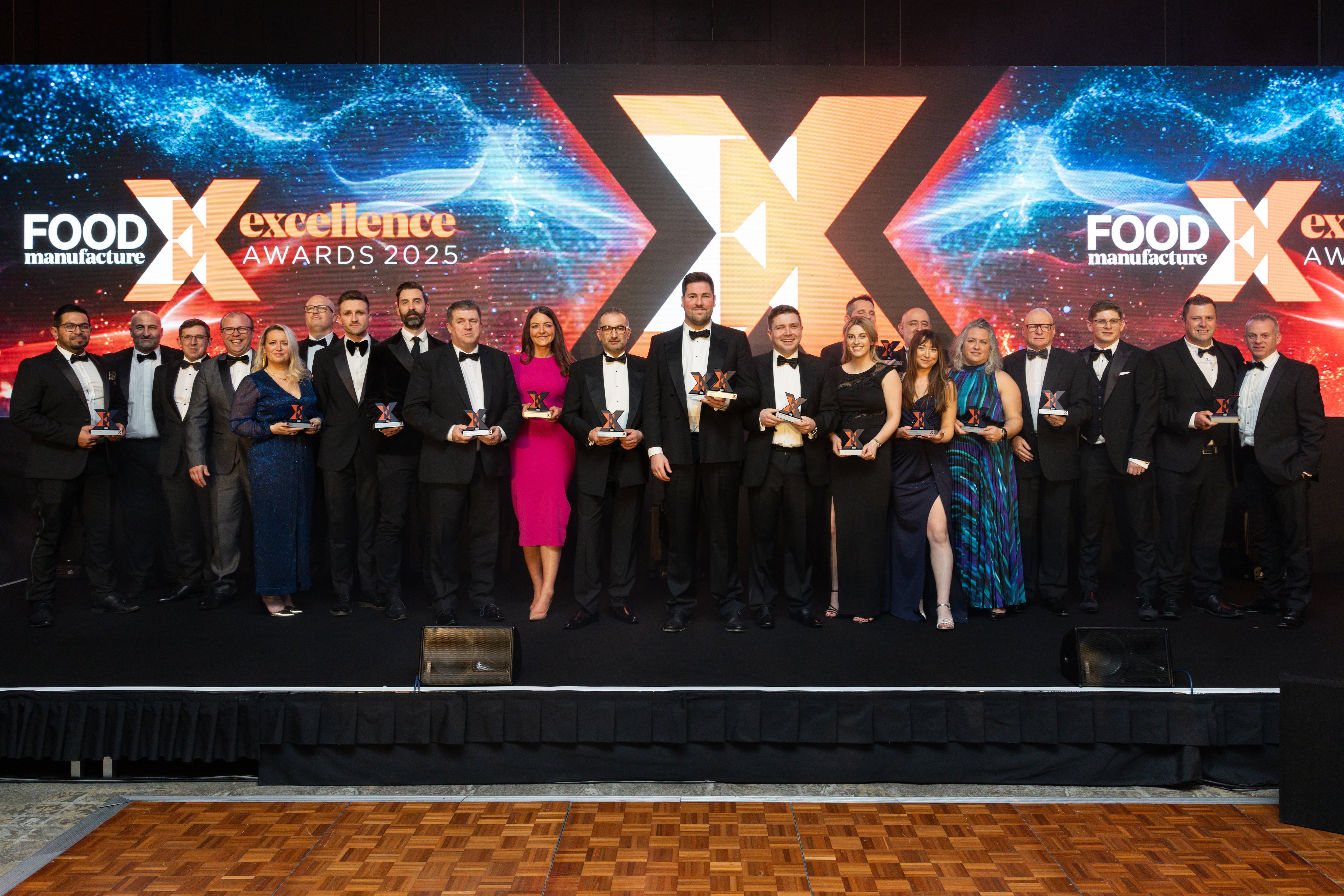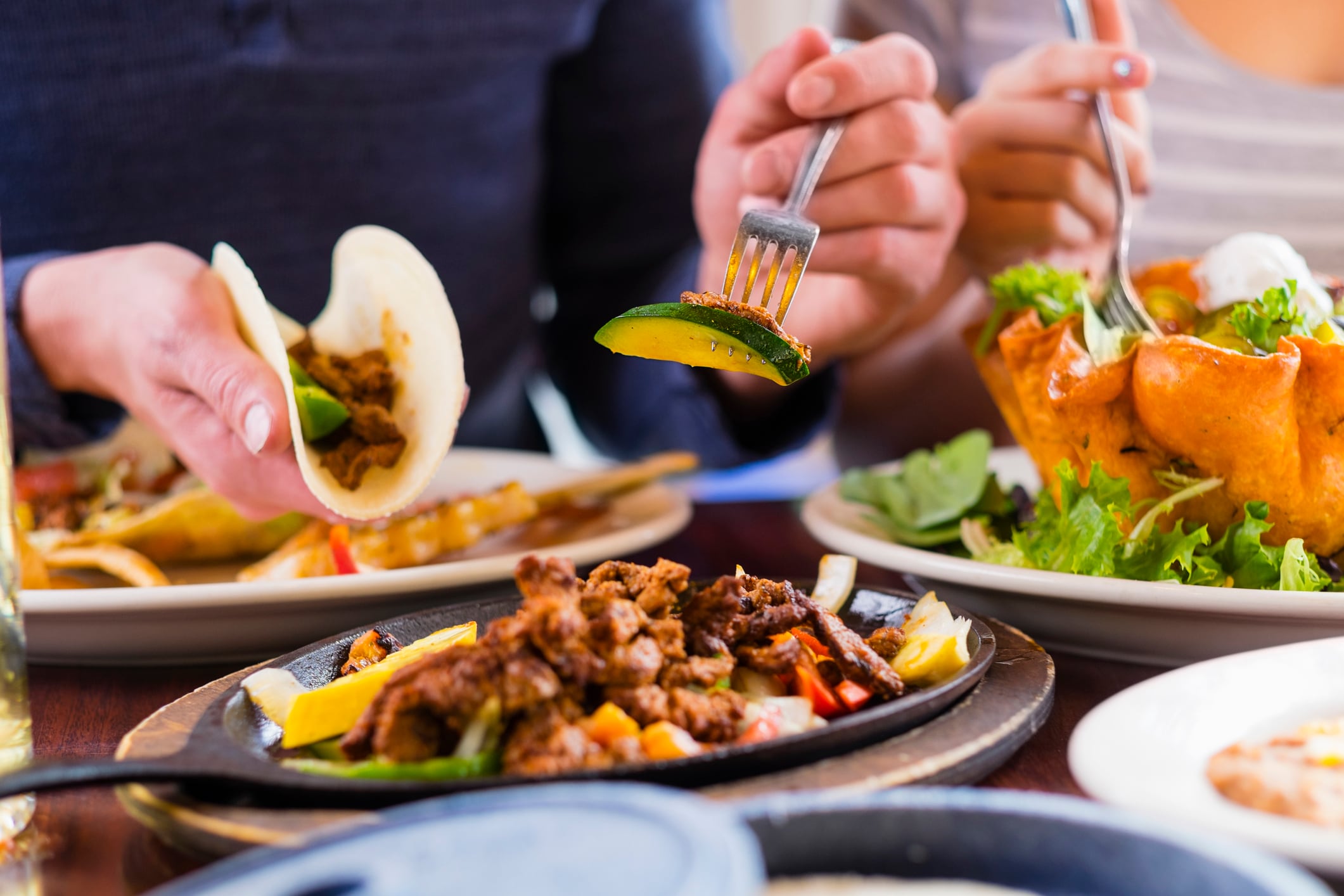Open to applicants aged 18-30, EIT Food’s Menu for Change challenge aims to support young ‘changemakers’ developing real-world solutions to address food system challenges.
Winners of this year’s competition each aligned with a least one of six key priorities outlined in FutureFoodMakers’ Menu for Change manifesto – regenerative farming, clear and accessible food labelling, food cost inclusion, true cost of food, food waste reduction and food education.
The winning teams included Germany-based Nutrifood Dehydrated Bean Products – which offers pre-cooked, dehydrated beans as a sustainable, plant-based protein alternative – and Czechia-based The Menza Collective Sustainable Cafeteria Sourcing, who focused on sustainable food procurement in university cafeterias.
New young innovators
Sofia Kuhn, director of public engagement at EIT Food, said: “It has been an honour to see this programme grow and evolve, so that the demands of those original young changemakers are now supporting new young innovators to make an impact on our food system.
“These innovative solutions showcase the ambition of the younger generation to address our shared challenges, and we look forward to seeing how they will shake up our food system.”
The five winning teams were represented by 15 individuals from 11 different countries, including six EU and five non-EU nations. Each winning team will receive €5,000 (£4,137) funding and professional mentorship, as well as the opportunity to pitch their ideas at key conferences – including EIT Food Next Bite 2025 and IFT FIRST Annual Event and Expo.
Meaningful impact
Trisha Mandal, representing YPARD as part of the Young Professionals Platform, said: “The five winning teams bring diverse perspectives and fresh, groundbreaking solutions to some of the most pressing food system challenges, and we look forward to working alongside them to drive meaningful, lasting impact.”
EIT Food is supported by the European Institute of Innovation and Technology (EIT), a body of the European Union. The challenge’s implementation is youth led thanks to the Young Professionals Platform and the managing organizations YPARD, APPatEIT and EIT Food Alumni.
Meanwhile, student duo Hannah Al-Memar and Tom Goble competed against Europe’s brightest food innovators at the final of Ecotrophelia student innovation competition, which was held at the SIAL food exhibition in Paris.
The five winning teams are:
Alnarp’s Agroecology Farm (team based in Sweden, winners from Colombia, Germany and Sweden): A Community Supported Agriculture farm, Alnarp’s Agroecology Farm promotes sustainable farming and community building. Serving over 100 families, it is a ‘living lab’ for agroecological practices, offering internships, educational events, and fostering local food systems.
Agroboros Educational Programming (team based in Netherlands, winners from Colombia, Germany and France): Agroboros provides immersive summer programs for children, building connections between youth and agriculture. Through experiential learning, children aged 3-10 gain a deep understanding of food production, sustainability, and environmental stewardship.
Nutrifood Dehydrated Bean Products (team based in Germany, winners from Kenya): Nutrifood offers pre-cooked, dehydrated beans as a sustainable, plant-based protein alternative. Sourced from regenerative farms, it focuses on nutrient management, carbon sequestration, and environmentally friendly food production with clear labelling for consumers.
Greenovators Sustainable Cafeteria Sourcing (team based in Türkiye, winners from Greece, Iran and Türkiye): Greenovators aims to transform university cafeterias into sustainable food hubs. By educating staff and engaging students, the project fosters awareness and reduces environmental impact, making cafeterias eco-friendly learning spaces.
The Menza Collective Sustainable Cafeteria Sourcing (team based in Czechia, winners from Czechia, Portugal and Brazil): This project focuses on sustainable food procurement in university cafeterias. By interviewing key stakeholders, the team aims to create tailored action plans and frameworks to promote sustainability in food sourcing and procurement at academic institutions.





